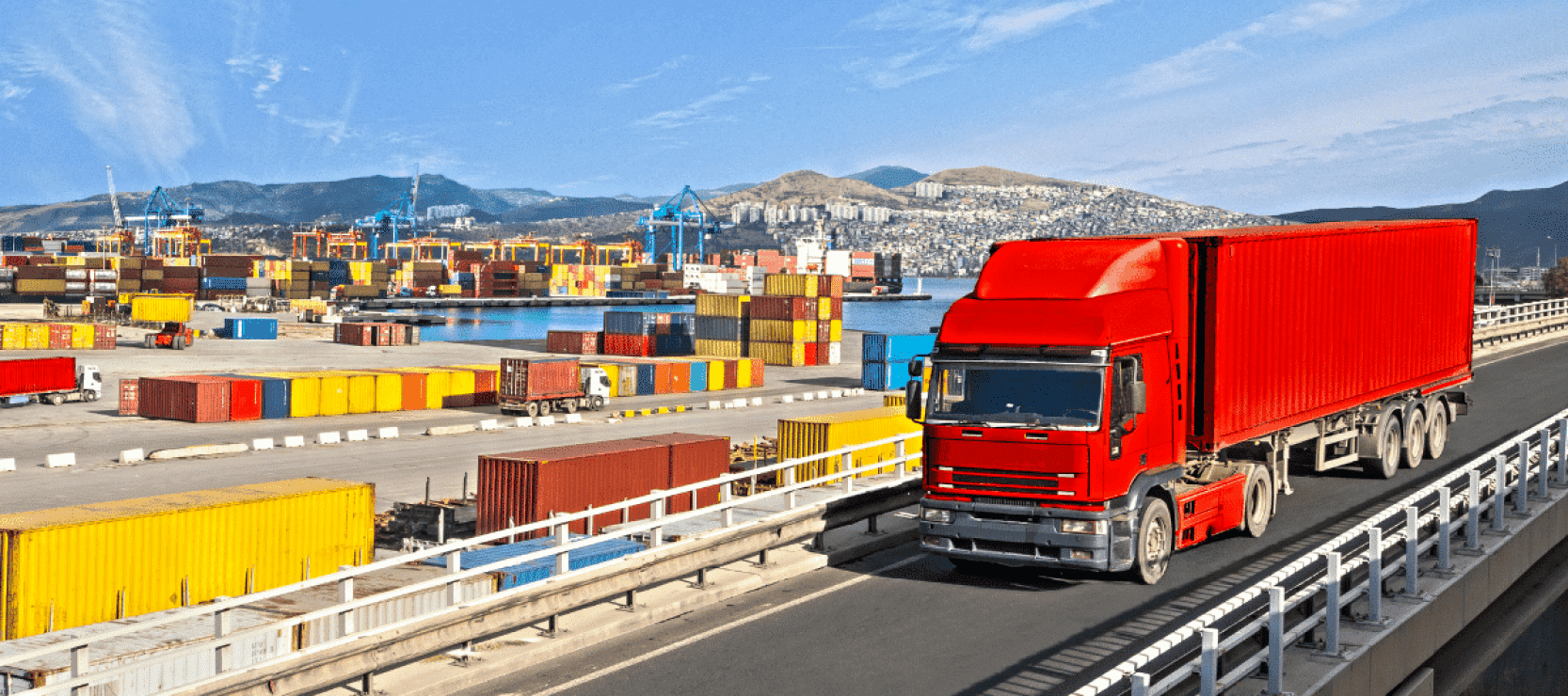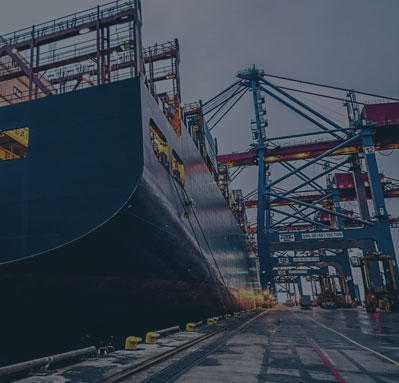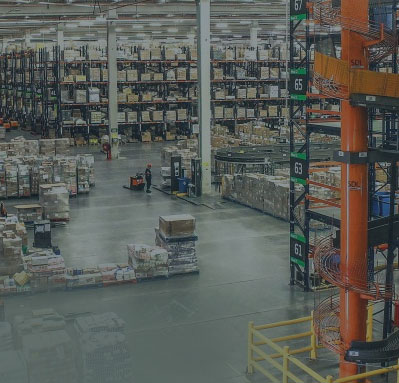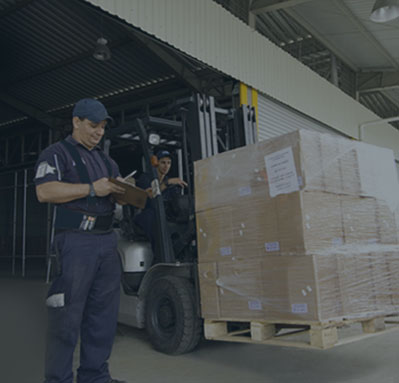Your Freight Forwarder is responsible for shipping your goods from one place to its destination according to your needs. But while forwarding your cargo, the forwarder is also constrained by specific rules and regulations to facilitate smooth transportation of goods. There are various steps involved in the freight forwarding process where forwarders require the client’s cooperation to transport their cargo. This article will tell you about 5 things that your freight forwarder wants you to know while shipping your cargo.
1. Prepare Ahead of Time With Your Forwarder
You need to prepare ahead of time and inform your forwarder about the volume of your shipment. Accordingly, the forwarder needs to book the cargo space on the ship or plane. The forwarder must also accommodate your shipments in their warehouse during export haulage. So it is not possible to increase the number of your shipments on the day of shipping. You also need to be prepared with all the documents that you will need to give your forwarder. This will be needed for customs clearance and cargo shipping. The forwarder also has many logistical constraints, so proper planning is essential for minimal disruption in the supply chain.
2. Check Loading Cut Off Time
It is also crucial for the client to maintain timelines. Cargo cut-off refers to the last possible date or time export cargo will be received for a particular vessel or aircraft. Loading the container at the last minute is not allowed. There is a cargo cut-off time of 48-72 hours that varies between different freight carriers. The forwarder needs to load the cargo within a specific time to maintain this timeline. The client cannot add additional shipments or load freight at the last hour. So it is essential to keep this in mind while sending your shipments.
3. Don’t Overload Your Cargo
While loading your shipments, make sure they are not overloaded. The weight of your cargo should not exceed the weight specified by your freight forwarding company. Forwarders provide clients with information regarding how much the freight should weigh so that container is not overloaded. If you overload your cargo, you will be penalized and might have to pay fines. To avoid extra charges you can get your freight forwarders to support doing a weight pre-check prior to loading.
4. Package Your Cargo Safely
If you are packaging your cargo, make sure you don’t mismatch the items and package them safely. Evaluate carefully how things should be packed. To ensure the goods are safe and not damaged, avoid packaging potentially dangerous items like nails with fragile items like television. You will be provided with certain packaging guidelines by your forwarder. This will ensure all your goods are safe and not damaged while traveling.
5. Be Careful While Loading the Container
The forwarder leaves the container at the shipper’s location to load the cargo before export haulage. You as a shipper need to follow certain specific methods while loading the container. Ensure you fill the container correctly so that the cargo does not get damaged. Optimize the space of the container and secure it properly. Cargo weight should be evenly distributed and cargo items’ volume and weight should be kept in view.
You can make the process of transferring products much easier by collaborating and coordinating with your freight forwarder. When the shipper cooperates, the forwarding process becomes much smoother. To keep your supply chain from being disrupted, you can assist your forwarder by following all of the above guidelines and maintaining all of the criteria. We hope this post was useful in understanding the constraints of the forwarding process and how you can help make it work smoothly.
If you would like further details insights on freight forwarding you can read or article on the Complete Guide to Freight Forwarding Services in Dubai.






